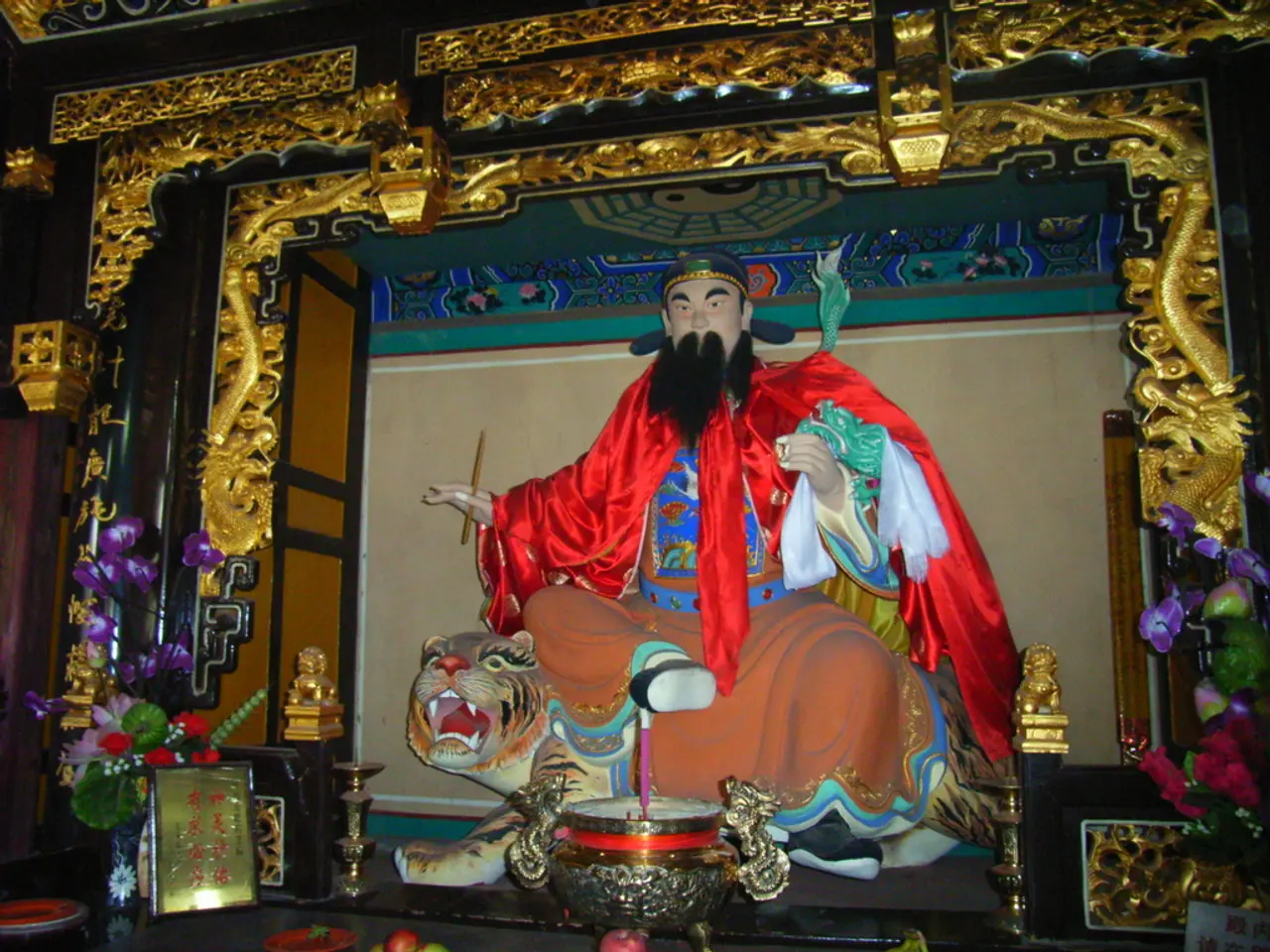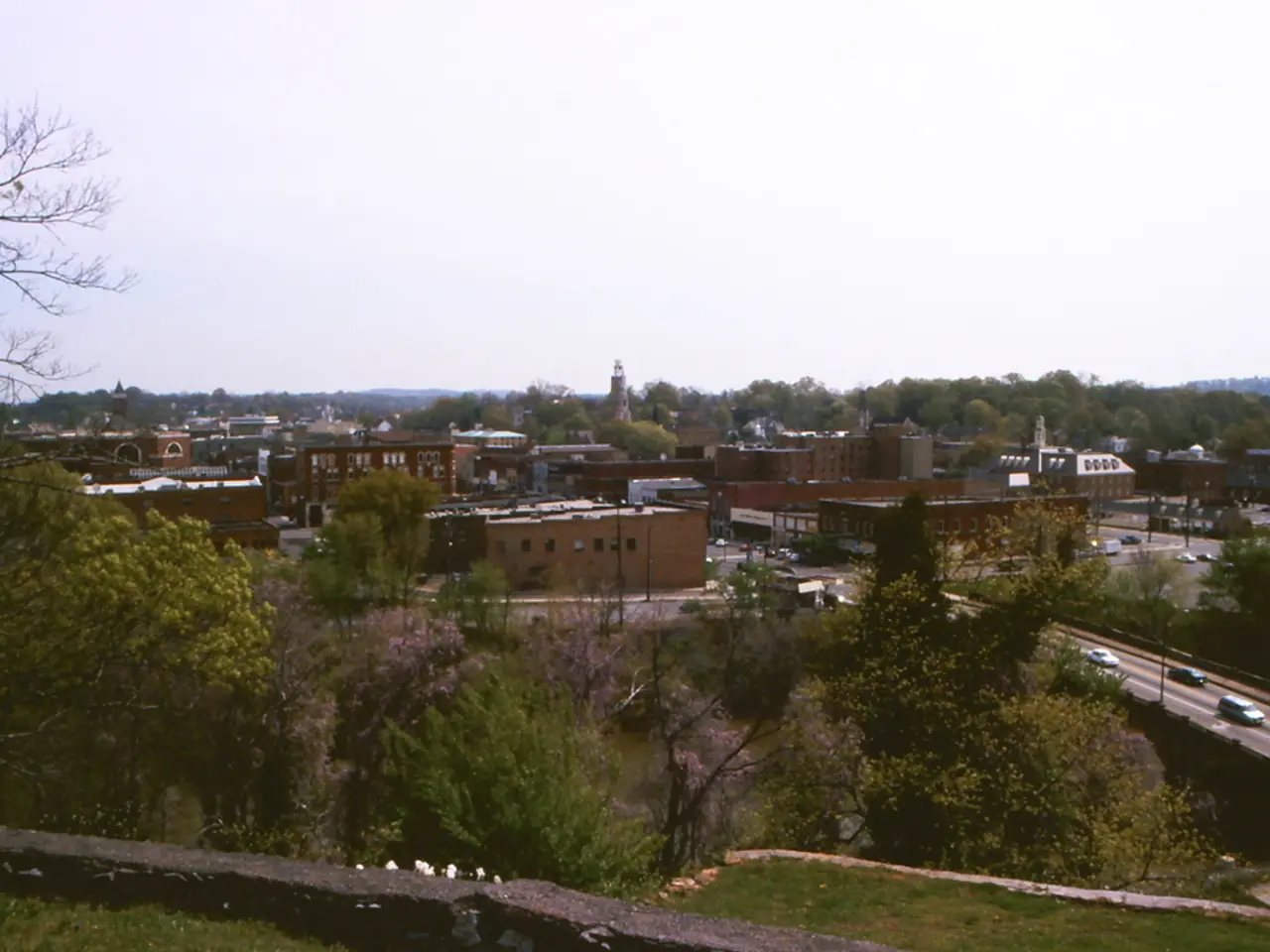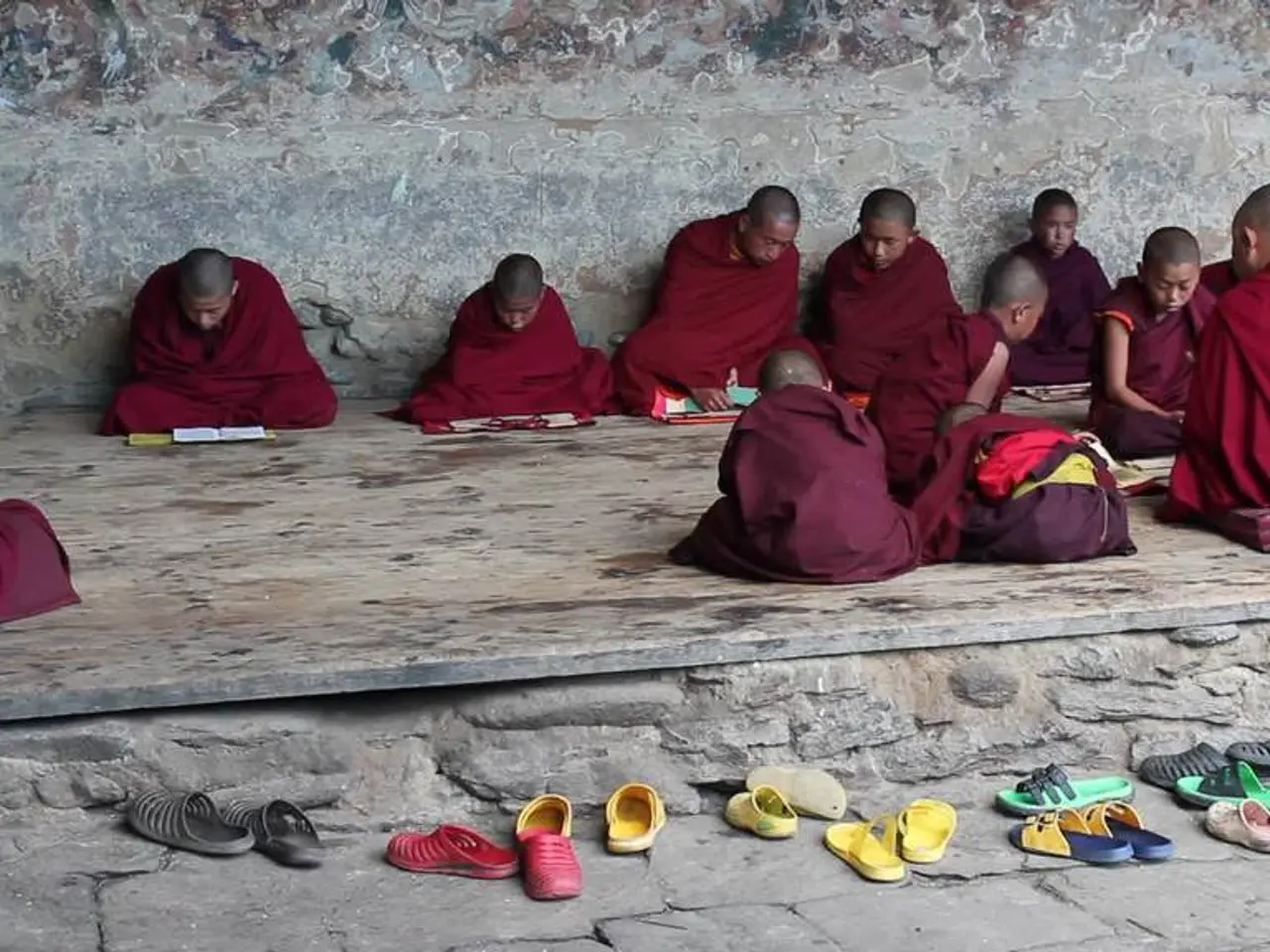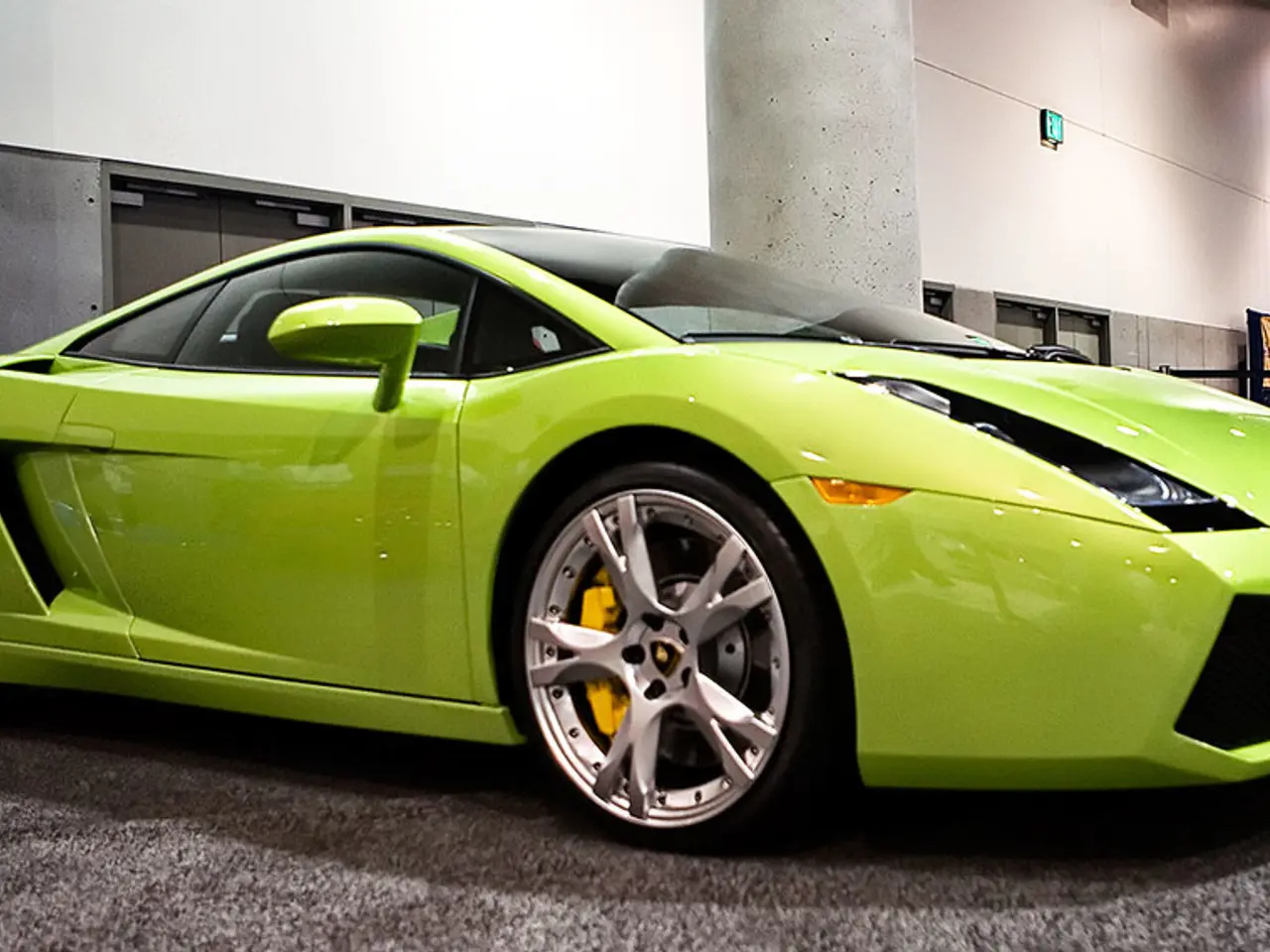Dalai Lama marks his 90th birthday - Dalai Lama Reaches Milestone of Ninety Years in Age
In a peaceful and diplomatic manner, the Dalai Lama, who is currently 90 years old, made a public statement on Sunday, reaffirming his stance on the succession of his position. The spiritual leader called for a peaceful resolution to the issue, emphasising the need for the next Dalai Lama to be chosen according to Tibetan religious tradition without outside interference.
This stance is in sharp contrast to China's insistence on having the final say in choosing the Dalai Lama's successor. Beijing views the current Dalai Lama as a state enemy and accuses him of inciting unrest in Tibet. China's stance effectively asserts state control over the succession process, a move that Tibetans and the Dalai Lama's exiled government strongly oppose.
The clash over succession is not merely religious but deeply political, serving as a microcosm of China's broader efforts to control Tibet. By politicizing the reincarnation process, China seeks to legitimise its authority in Tibet and suppress calls for Tibetan autonomy or independence. Meanwhile, the Tibetan community views China's interference as a violation of religious freedom and an attempt to undermine their cultural identity.
The succession dispute exacerbates geopolitical tensions, notably between China and India, where the Tibetan government-in-exile is based. The issue risks inflaming diplomatic conflicts and complicating regional stability.
The Dalai Lama reiterated his rejection of China's insistence on choosing his successor. He did not mention any specific plans for his succession, but emphasised that the authority to recognise his reincarnation lies solely with the Gaden Phodrang Trust and the Tibetan Buddhist community.
The Dalai Lama's call for a peaceful resolution comes amidst ongoing tensions between him and China. The issue of the Dalai Lama's succession has been a contentious one, with China forcibly annexing the Himalayan region of Tibet in 1950 and crushing a popular uprising in 1959. Thousands of Tibetans, including the Dalai Lama himself, fled into exile due to the uprising's suppression.
The Dalai Lama's latest statement marks a continuation of his peaceful approach to resolving the issue, despite China's persistent efforts to assert control. The resolution of this matter will have significant implications for Tibet's future, not just religiously and culturally, but also geopolitically.
The Dalai Lama's rejection of China's insistence on choosing his successor contrasts with Beijing's political assertions over the succession process, making it a matter of general-news. His peaceful resolution call corresponds with China's broader efforts to control Tibet, serving as a microcosm of their power struggles, where the succession dispute also intertwines with Tibet's religious freedom and cultural identity.








